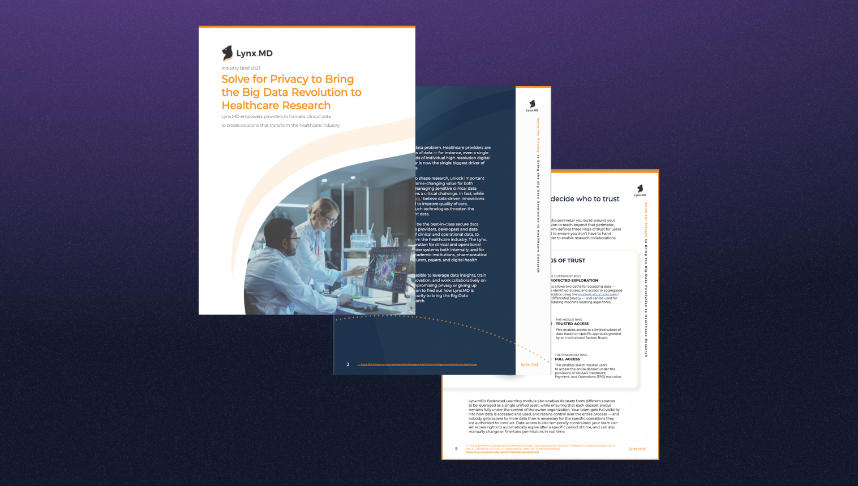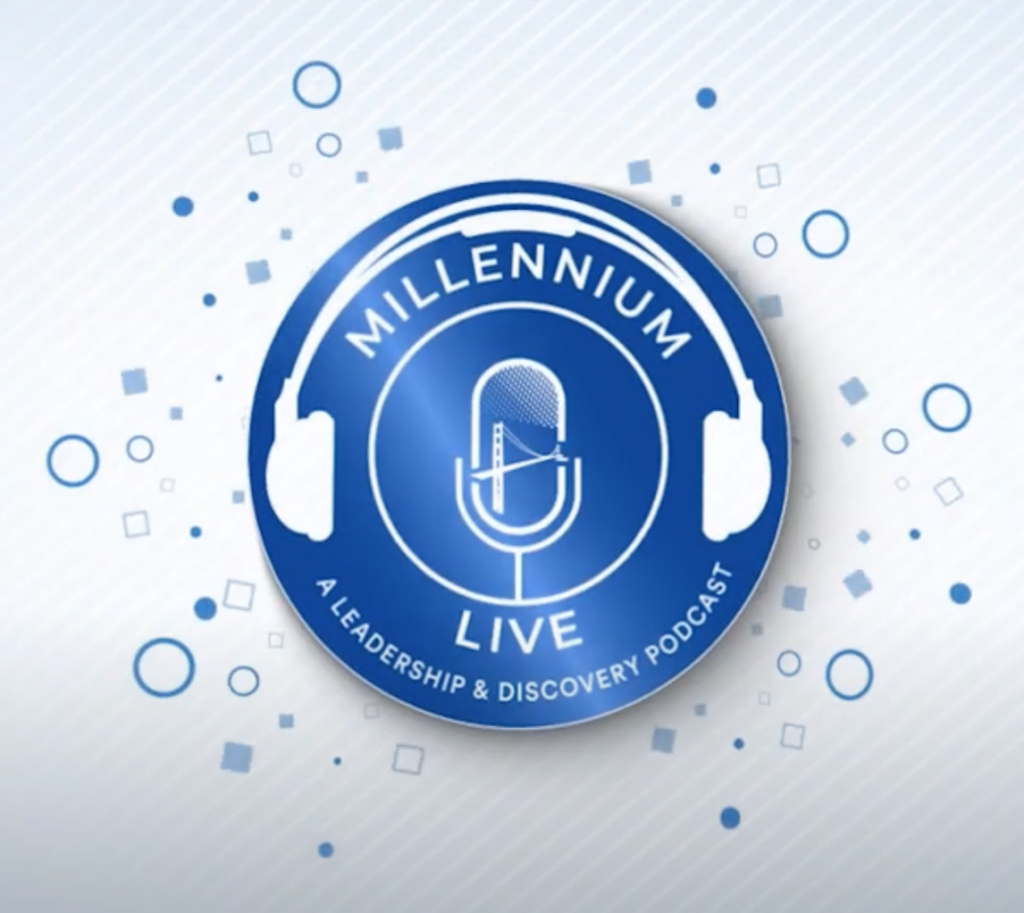A letter from our founders

As we approach the end of the year, it is a time for reflection, gratitude, and hopefulness. Despite the ongoing challenges and uncertainties in the world, we at Lynx.MD have much to be thankful for.
This year has been marked by growth, resilience, and a steadfast commitment to our values. We have expanded our reach, strengthened our partnerships, and made significant strides in innovation. (And, even had some fun along the way.) We are proud to share some of our more significant milestones from 2023.
Business
- Achieved 3.7x year over year growth in available data
- Welcomed 8 talented individuals to our team
- Redesigned the Lynx.MD platform interface
- Achieved SOC 2 Compliance
Product Advancement
At Lynx, we continuously enhance our platform based on valuable user feedback. In 2023, we introduced the ability to share dashboards, empowering users to collaborate seamlessly and derive insights from structured data visualizations across the organization while ensuring data security. Additionally, we’ve enhanced custom study environments for a more flexible remote machine experience.
Partnerships, Media and More
In 2023 Lynx.MD shared big customer news and industry insights. Both Ofir and Omer contributed articles to MedCity News. In May, Omer was interviewed for The Scope Forward podcast, one of the leading podcasts for Gastroenterology business leaders.

Lynx.MD and Baptist Health Innovations Collaborate to Advance Medical Research and Development
Lynx.MD announced it is collaborating with Baptist Health Innovations at Baptist Health South Florida by establishing a secure framework to share clinical data that will catalyze medical research and development. The collaboration begins with the Miami Cardiac & Vascular Institute. Its robust cardiovascular clinical and imaging data will be followed by Miami Cancer Institute, Miami Neuroscience Institute, and Baptist Health Orthopedic Care. This collaboration will provide academic and industry researchers with privacy-preserved real-world clinical data to develop, test and validate data-driven solutions that have the potential to revolutionize patient care.

Lynx.MD Partners with Prometheus Labs and Gastro Health to Leverage Medical Data Intelligence Platform for Inflammatory Bowel Disease Research
Lynx.MD announced our new partnership with Prometheus Laboratories Inc. and Gastro Health to securely unite real-world clinical data for retrospective analysis of inflammatory bowel disease (IBD) biologic treatment. The partnership brings together 10-years of de-identified IBD clinical laboratory data and patient data, using the Lynx Trusted Data Environment, to research and demonstrate the value of the Prometheus Anser® IFX therapeutic drug monitoring test to improve patient clinical outcomes and reduce overall healthcare costs in IBD patient management.

It’s Time for Healthcare Orgs to Get Serious About Data Governance
Ofir Farchy contributed an insightful article to MedCity News underscoring the importance in data governance. Instead of pushing data out into the world, it’s possible to invite selected partners into trusted data environments where they can safely harness your data — without ever directly viewing your datasets. Though not designed for clinical care functions, having records safely sequestered in a trusted data environment can help organizations to restore compromised data systems more rapidly.

Data as a New GI Ancillary
Omer Dror joined Praveen Suthrum of The Scope Forward Show for an enlightening discussion about the value locked away in gastroenterology data. Data holds the key to improving operations for long-term healthcare industry viability and improving care for all people. Unlocking the insights hidden in large data sets will help GI providers improve the quality of care, reduce variability in care, and lead to better outcomes.
Just For Fun

- Maya Harel said “I do” with the entire Lynx.MD office there to celebrate. 💍
- Volunteering – because when life gives you lettuce, you pack it. 🍃
- Group Culinary tour at Shouk HaCarmel 👨🍳
- 500+ Daily Coffee Runs for the Palo Alto team. ☕
Cheers to 2023
Please reach out to us if you would like to learn more about our growth in 2023. We look forward to exploring new opportunities and data in 2024.
Thank you.
Omer, Rob, Ofir, and the entire Lynx.MD Family








